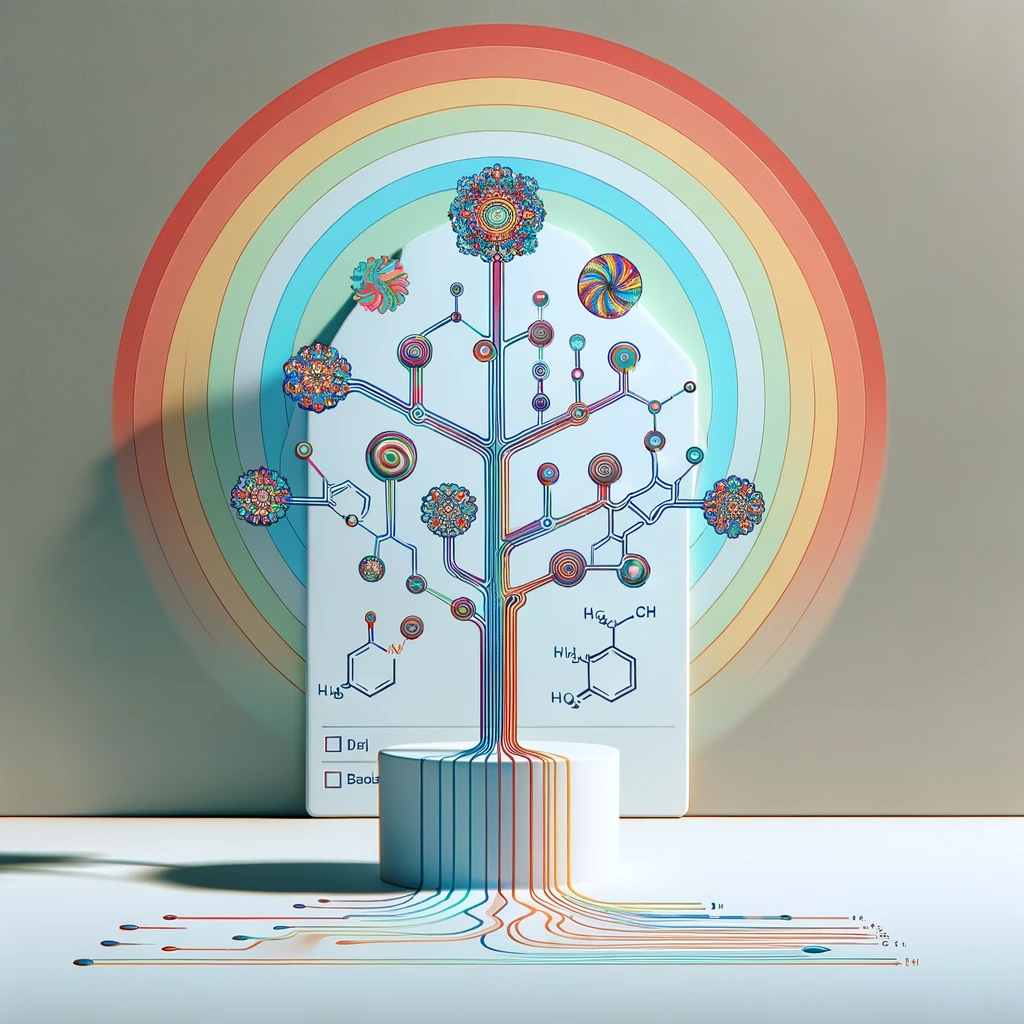AlphaFold: AI’s Role in the Future of Psychedelic Drug Development
LOS ANGELES- In the realm of pharmaceutical research, a groundbreaking approach is being adopted in the United Kingdom, where researchers are utilizing AlphaFold, an advanced artificial intelligence tool, to develop new psychedelic drugs potentially useful as antidepressants.
The latest research, which awaits peer review, suggests that AlphaFold’s AI-generated protein structures could rival traditional experimental methods like X-ray crystallography, which often require years of investigation. AlphaFold, developed by DeepMind in London, is a public database comprising structure predictions for nearly every known protein. This AI tool is poised to revolutionize biological research by enabling pharmaceutical companies to more efficiently identify and refine drugs targeting disease-related molecules.
Jens Carlsson, a computational chemist at the University of Uppsala, Sweden, acknowledges AlphaFold as a potential game-changer in drug design. However, the enthusiasm for AlphaFold as a drug development tool is not unanimous. Brian Shoichet, a pharmaceutical chemist at the University of California, San Francisco, cautions against the hype surrounding AI in drug discovery, noting that AlphaFold’s predictions have not always matched the effectiveness of experimentally obtained protein structures in identifying potential drugs through protein-ligand docking.
Protein-ligand docking, critical in early drug development stages, uses modeling to analyze how compounds interact with key protein regions, affecting the protein’s activity. Studies indicate that AlphaFold’s predicted structures may not be as effective in identifying known drugs binding to specific proteins.
Shoichet and Bryan Roth, a structural biologist at the University of North Carolina at Chapel Hill, led a team investigating whether AlphaFold’s slight deviations from experimental structures might overlook certain compounds binding to proteins, yet potentially identify other useful compounds. The team’s research involved virtual screening of millions of potential new drugs against two proteins related to neuropsychiatric conditions, using both AlphaFold’s predicted structures and experimental structures. Surprisingly, the drug candidates identified by the predicted and experimental structures were entirely different, yet the hit rate – the proportion of compounds significantly altering protein activity – was nearly identical for both groups.
Of particular interest in this research is the serotonin receptor, a target for psychedelic drugs like LSD. Researchers aim to identify compounds that activate this receptor without causing hallucinogenic effects, offering a new avenue for antidepressant development.
Carlsson’s unpublished research indicates that AlphaFold structures have about a 60% hit rate for a class of target called G-protein-coupled receptors, highlighting the potential transformative impact on drug development.
However, experts like Karen Akinsanya, president of research and development for therapeutics at Schrödinger, a New York City-based drug-software company using AlphaFold, emphasize that AI tools like AlphaFold will not replace traditional drug discovery methods. Instead, they are valuable for certain drug targets, but not universally applicable.
In summary, while AI tools like AlphaFold represent a significant advancement in drug research, particularly in developing new psychedelics for antidepressant use, they are not a universal solution. The balanced integration of AI with traditional experimental approaches remains crucial in the evolving landscape of pharmaceutical research.



































